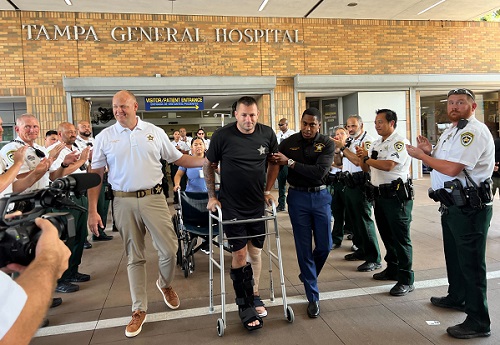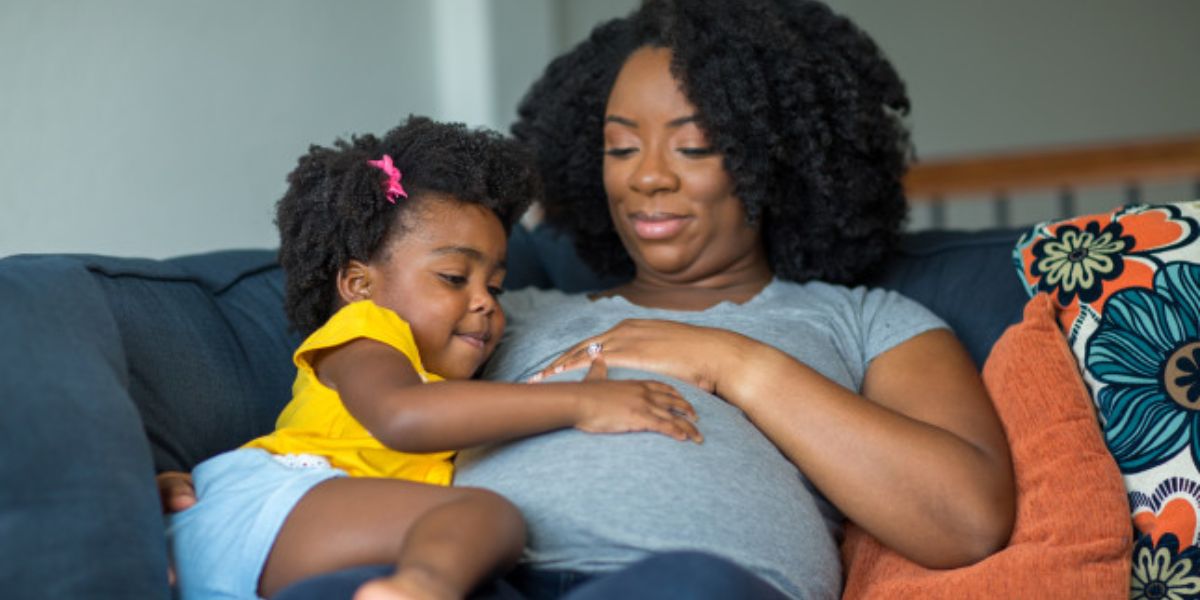Black Maternal Health Week: Pa. Caucus Highlights Progress and Challenges
Black women continue to face a significant risk of maternal death in the United States. According to the Centers for Disease Control and Prevention (CDC), they are three times more likely than white women to die as a result of pregnancy-related complications.
Local Black women politicians in Pennsylvania want to break this recurring trend.
“Being Black and pregnant should not be a death sentence,” stated Pennsylvania House of Representatives Speaker Joanna McClinton. “It should be an occasion for delight. An opportunity for celebration.”
- Auto Insurance Shopping Rises in Response to Soaring Insurance Rates: Report
- Avoid These 7 Missteps When Refinancing to a Lower Mortgage Rate
- Rising Home Prices Amid Slight Mortgage Rate Dip: Analysis
- Fresno County’s Groundbreaking Initiative: $500 Monthly Payments in New Guaranteed Income Program, Here is Who is Eligible
- Unlocking Financial Freedom: 5 Reasons to Opt for Personal Loans in Credit Card Debt Repayment
McClinton was one of several Pennsylvania Black Maternal Health Caucus (PBMHC) officials who spoke on Tuesday afternoon in honor of Black Maternal Health Week in Pennsylvania. Members gathered within the Pennsylvania State Capitol Rotunda in Harrisburg with Black maternal advocates to raise awareness about Black maternal mortality rates and the underlying health issues that Black moms face daily.
“We recognize the intersection of racism and systems that do not train practitioners – like many have been – to understand the sensitivities of all of their patients,” McClinton said in a statement. “That is why, in the first year after giving birth, you are more likely to die, even if you are at home safely cuddling your child, and that is unacceptable. That is unacceptable in the Commonwealth of Pennsylvania.”
- Will Everyone Get a $12,000 Stimulus Check in 2024? Find Out Eligibility
- $6400 Stimulus Checks in 2024: What You Need to Know About Eligibility and Payment Dates
- IRS 4th Stimulus Check 2024: Comprehensive Guide to Eligibility and Payment Dates
- 3 Smart Moves to Make Once Your Savings Reach $50,000, Here Are Crucial Actions to Take
- 3 Effective Ways to Pay Off Student Loans on a $50K Salary or Less, Know Here!
Black Maternal Health Week, sponsored by the national organization Black Mamas Matter Alliance (BMMA), is an annual event that runs from April 11 to April 17.
The group initiated a campaign to raise public awareness about the persisting health inequities that Black women endure while giving birth. A range of factors contribute to the disparity in health outcomes, including poor health care, pre-existing health conditions, economic inequality, and unconscious bias.
In Pennsylvania, Black women are among the most at-risk groups for pregnancy-related deaths, with a mortality rate of 148 per 100,000 live births in 2020. Representative Gina H. Curry of District 164, the co-chair of PBMHC, attributed these figures to Pennsylvania’s developing ‘health deserts’.
“We have a maternal health desert in so many spaces in our Commonwealth that prevent folks from getting the care that they need,” Curry said in a statement. “And even though those places that have an epicenter of health care often are still places where we are not getting the care that we need which equals comorbidities which in turn — turn into mortality rates.”
Addressing Black maternal mortality rates has received widespread support in Philadelphia. Last year, Philadelphia Councilwoman Katherine Gilmore Richardson lobbied City Hall to allocate $250,000 to fund transitional shelters for expectant moms experiencing homelessness. Richardson is a mother of two who had a terrible birth with her younger son.
Speaking to the audience, the councilwoman discussed refocusing her efforts to push the PA MOMNIBUS Act, which aims to reduce Black maternal death and morbidity in its entirety. The measure compels Medicaid to cover blood pressure monitors for pregnant and postpartum women, as well as doula services.
“Recognize how vital this work is. Know that we’ve had too many families affected, and we have a lot of work to do for every person on this journey,” she said. “Your advocacy matters a lot. You being here and standing in our state’s capitol means a lot.











